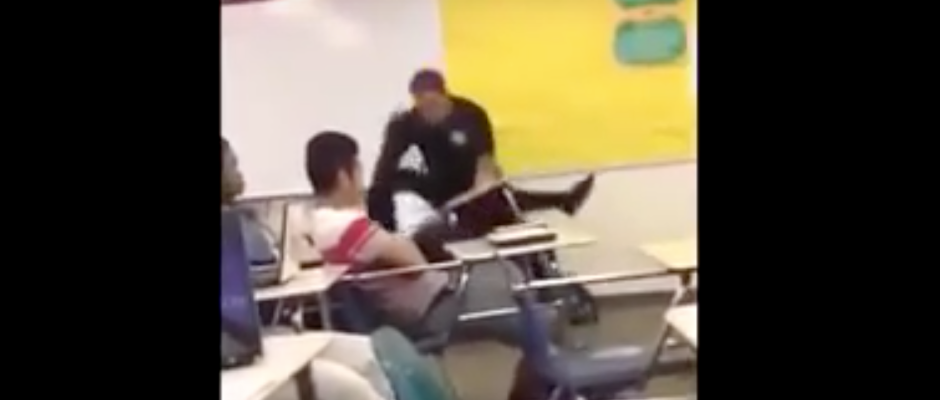Head of LAUSD search says community wants pro-public education superintendent
The man who heads the hunt for the next Los Angeles Unified superintendent says the size of the 650,000-student school district and its high-profile search are adding to the challenge of finding a new leader.
Hank Gmitro, president of Hazard, Young, Attea & Associates, sat down with KPCC to talk about his search firm's quest to find qualified candidates who can manage a school district seen as among the most difficult to run in the country.
The questions and answers have been edited for clarity and space.
Q: How many superintendent searches have you conducted and how does L.A. Unified differ from those previous searches?
A: I’ve been involved with 40 over the last six to seven years. Our company has done over a thousand over the last 20-plus years.
This is similar in terms of engagement and the activities that have been planned to other large system searches with community forums and the sessions that are scheduled. But I will share that the scale of L.A. is different than any place, just due to its sheer size.
Q: How differently are you and your colleagues approaching the LAUSD superintendent search compared to the others?
A: The difference is the scale and the public nature of it. Everyone knows that L.A. Unified is looking for a new superintendent. So…the advertisement to potential candidates isn’t really the need as in some other places when you’re trying to get the word out that the position is open.
I’ve worked on several other large system searches of a couple hundred students and we have probably at least quadrupled our effort in the amount of time that we’re devoting to leadership profiling activities here and the number of sessions being offered.
Q: What’s prepared you for this job?
A: I was a superintendent, so I know the role. I wasn’t a superintendent in a really large system, it was a smaller suburban system. But I’ve done this kind of work for the last, almost 10 years. I did a few searches when I was a superintendent locally for the firm. One of the things that we try to do when we recruit associates is to have people who understand the process and the national perspective when it’s a national search, but also understand the local dynamics and the state dynamics. We try to have people on the team who understand California, understand Los Angeles as well as a couple of people on the team who understand our national process and outreach.
At this point in time, I have probably done six or seven searches of school districts of the hundred largest school districts across the country. I feel like I have some experience in knowing what those dynamics are in large systems and how do you reach out to massive audiences.
Q: Next month, when you start making calls to potential candidates, how do you go about telling them there’s a job opening here?
A: That’s yet to be determined, because part of that is based on the criteria that the board develops. So before you get too far into the recruitment effort, you really want to know what the community is looking for and what the board is looking for.
Some of the themes I’ve heard so far, across the board from students, parents, staff members, board members is [they want] somebody who really understands the educational system, has had some experience with education or at least significant leadership roles in the delivery of public service, human services. A common comment has been [they want] someone who really puts the needs of kids first.
Q: Are you going to talk to current superintendents and former superintendents?
A: That will certainly be one pool of candidates, but I’m also waiting to hear a little bit further as to whether there are other categories of people who should be approached. Some people have suggested internal candidates. At each of our sessions, we always ask for recommendations in terms of people we should approach. Some people have made some suggestions.
Some people have said, someone who really understands the Los Angeles area, the politics of the community, understands LAUSD in terms of the history of the organization, [and knows] some of the things we have been through in this community, some of the efforts we have tried, some of the challenges we have faced. Could an internal candidate do that or somebody who’s worked in the system at some point in time and maybe moved on to another position?
Q: Doesn’t that mean that there’s a short list of the heads of the largest school districts or the top administrators within LAUSD?
A: I don’t think there’s a short list, but there’s a possible list. If you’re looking at just superintendents who have had experience of 100,000 students or more, there’s only 26 districts in this country that are that size. So are you looking for someone Q&A: Inside the search for the next LAUSD superintendent | 89.3 KPCC:


























